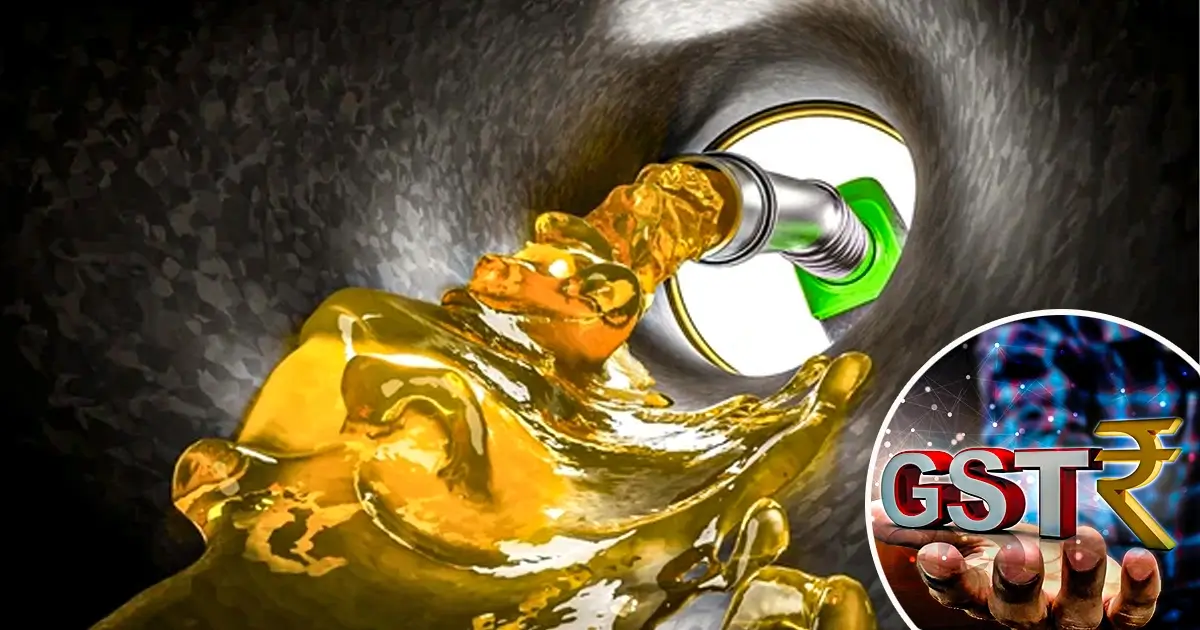Understanding GST and Fuel Prices
Petrol and diesel are not just fuels. They decide how much you spend every day on commuting or running your car. In India, fuel is still outside the direct scope of GST. This means petrol and diesel prices are not fixed by a single national tax. Instead, both are subject to excise duty by the central government and value-added tax by individual states. That is why you see different fuel prices in different cities. If you compare Delhi and Mumbai, the price difference can sometimes be more than five rupees per litre. Many experts say including fuel in GST may bring uniform pricing, but the government has not taken that step yet.
Why Petrol and Diesel Are Outside GST
The government earns a large part of its revenue from fuel taxes. In fact, every litre of petrol you buy has more than 40 percent tax included. Shifting petrol and diesel into GST would reduce that revenue sharply. Under GST rules, the highest slab is 28 percent. If fuel were taxed at this rate, it could lower prices significantly. But it would also cut income for both the centre and states. This makes them cautious about any move to change the current system. That is why you hear frequent debates but no real action. For now, fuel remains one of the most politically sensitive topics in India.
How GST Could Change Fuel Prices
If petrol and diesel come under GST, car owners will feel the difference right away. Let us take an example. Suppose the base price of petrol is 50 rupees per litre. Under the present system, central excise and state VAT add another 40 to 50 percent. That takes the final price close to 100 rupees. Under GST, even at the highest slab of 28 percent, the cost could drop by at least 15 to 20 rupees per litre. This means a family that spends 10,000 rupees a month on fuel could save around 2,000. But this benefit comes with a question. Will governments be ready to give up such a big share of their revenue.
Real World Impact on Consumers and Businesses
Fuel prices affect everyone, not just car owners. When transport costs rise, grocery and food prices also climb. Auto rickshaw and taxi fares increase too. Businesses in logistics and delivery face higher bills that they pass on to customers. If GST applies to petrol and diesel, it could reduce inflation pressure. Lower fuel costs would make travel and goods transport cheaper. At the same time, the government will need to find other ways to make up for lost tax revenue. Experts say the balance between consumer benefit and government finances is tricky. This is why the decision is still pending even after years of discussion.
Also Read
- Audi GT50 Concept: A Loud Reminder of Why Car Enthusiasts Fell in Love With Audi
- Nearly 30% of UK Drivers Believe Car Tax Should Be Based on Mileage — Survey
- Why Planes and Boats Escaped the Luxury Tax But Cars Didn’t
- Australia’s Headlight Confusion: Authorities Warn Drivers After Viral $250 Headlight Rule Goes Wild Online
- 2025 Hyundai Venue Facelift Launched in India – Full Details, Variants, and Price
Conclusion
Petrol and diesel prices will always be a hot topic because they affect daily life. Including them under GST could bring major relief to consumers. But it would also shake the way both central and state governments collect money. In my view, it is not just an economic issue but also a political one. For now, drivers should keep track of local fuel prices and plan their spending wisely. The big change may happen in the future, but only when both the centre and states agree to take the leap.
